Did you know that your little one could have childhood insomnia? If your child is trouble sleeping—or staying asleep—during bedtime, read on.
RELATED: What Is The Impact Of Sleep On Your Mental Health?
Childhood Insomnia | What We Know and What You Can Do about It

What Is Childhood Insomnia?
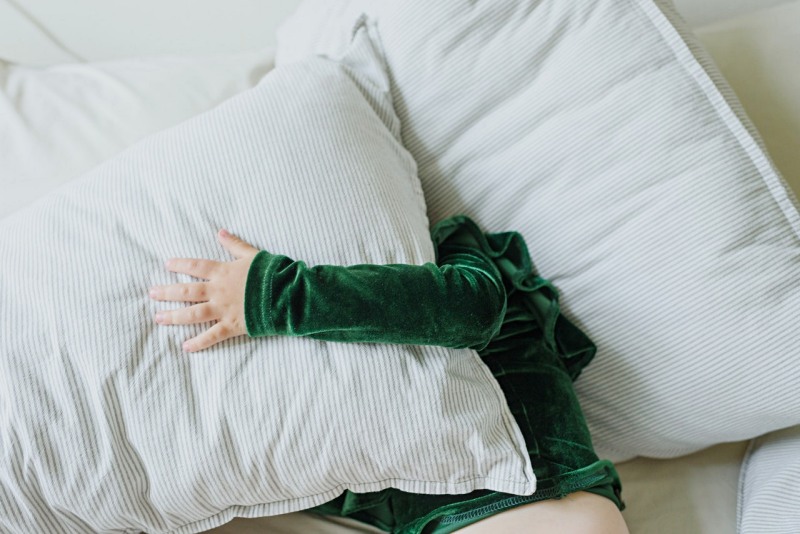
Children can also experience some form of insomnia. This is called childhood insomnia, or as sleep specialists call it, behavioral insomnia of childhood (BIC).
To date, there’s no consensus on how to define childhood insomnia. However, the International Classification of Sleep Disorders (ICSD) lists three types of insomnia in children:
- sleep-onset association
- limit setting
- combined
These are marked by having difficulty sleeping alone or without the help of mom or dad and frequent awakenings.
In young children, sleep-onset type of BIC may include those that can’t sleep without their parents rocking them to sleep. However, in older children, this may manifest by being unable to sleep without the TV on or without the presence of a parent.
Limit setting is when children refuse to sleep and do what they can to push back bedtime. They might throw tantrums, ask for cuddles, or ask for water.
Children that suffer a combined type of insomnia experience a mix of sleep-onset association and limit setting.
What Causes Childhood Insomnia?

Poor sleep hygiene could cause insomnia in your kids. They might be watching TV too close to bedtime, use gadgets in bed, or eat a big helping of sugary dessert before bed.
Pay close attention to your child’s daytime habits. A lot of what they do in the day plays a role in how well or how quickly they fall asleep at night.
Other factors that could contribute to insomnia may include:
- Stress and anxiety. Is school stressing them out? Could there be a problem with their friends? Some issues at home could also stress out your child. Kids also get stressed out when parents fight. And an adorable addition to your family might also give them grief.
- Caffeine. In addition to energy-boosting sugar, the caffeine in your kid’s favorite cola brand might be keeping them up at night. Watch their nighttime diet, steering clear of caffeine and sugary foods and beverages.
- Medications. Some may cause nighttime awakenings. These include corticosteroids, antidepressants, and treatments for attention deficit hyperactivity disorder (ADHD).
- Other sleep disorders. Sleep apnea, which causes a temporary pause in their breathing, may lead to nighttime awakenings. Some kids may also experience restless leg syndrome.
- Other medical conditions. Some medical conditions may make your child uncomfortable and unable to sleep, including:
- a stuffy nose because of allergies
- itchy skin because of skin allergies
- coughing and scratchy throat due to asthma
- Some mental disorders. Mental disorders may also contribute to childhood insomnia, such as
- depression
- Asperger’s syndrome
- autism spectrum disorder
Childhood insomnia might also be moderately linked to genetic factors.
One twin study discovered that genes that regulate the sleep-wake system may have a hand in childhood insomnia. Interestingly, the researchers also found that the impact of these genetic factors depends on age.
What Are the Symptoms of Insomnia in Children?
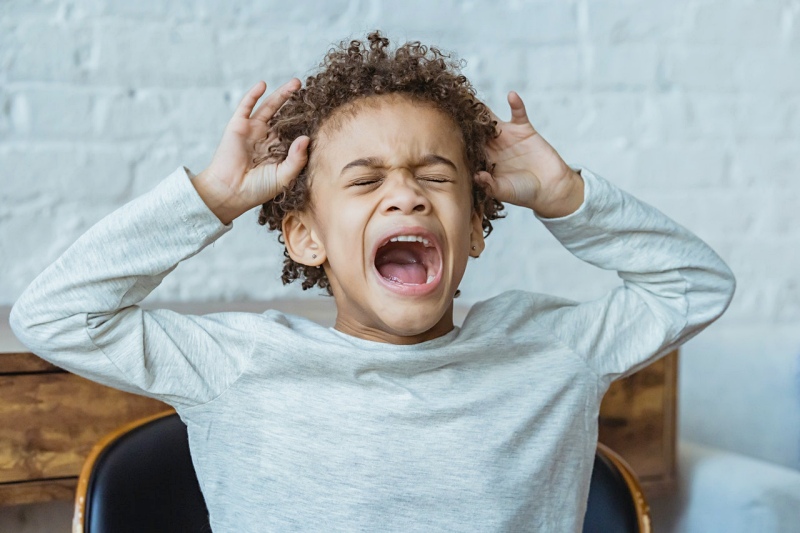
You can tell your child is low on sleep through changes in their behavior. They might seem cranky and irritable and struggle to get ready for school. However, these are things you can expect of kids—especially the part about them getting to school.
Here are some habits of children struggling with insomnia:
- refusing to go to bed during bedtime
- refusal to follow a regular sleeping schedule
- delaying bedtime as much as possible (e.g. asking for cuddles, water, bedtime stories)
- having difficulty falling asleep without the presence of parents
- frequent nighttime awakenings
And during the daytime, you may notice that your child:
- has a hard time getting up in the morning
- has poor academic performance
- is moody and irritable
- is unmotivated
- exhibits behavior problems such as aggression
- is more sensitive to stressful situations, easily triggered
RELATED: Best Stress Relief Tools To Get A Better Sleep
What Are the Effects of Insomnia in Children?
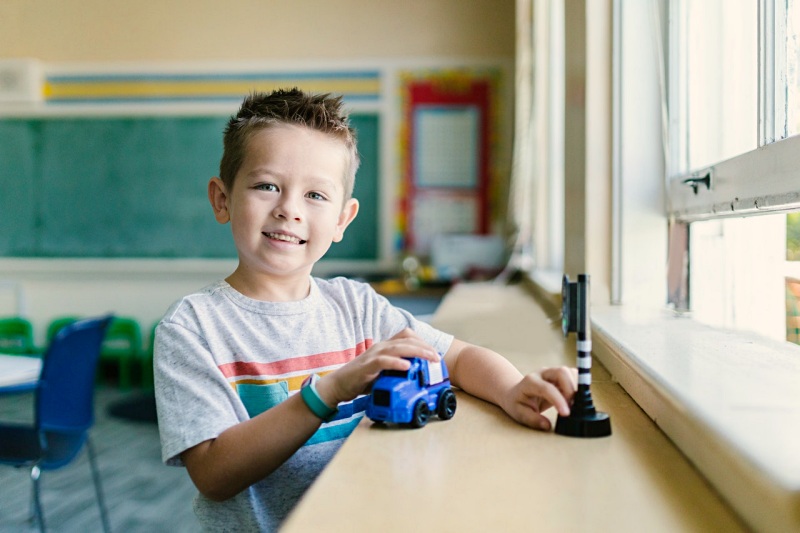
Sleep loss or insomnia in early childhood might also increase their likelihood of developing symptoms of ADHD. Research suggests that kids that don’t get enough sleep are likely to be more:
- hyperactive
- impulsive
- difficult to keep still
- inattentive, having trouble paying attention
Another study found that kids struggling with sleep disturbance are more severely depressed than kids without sleep problems. And kids dealing with both insomnia and sleepiness (hypersomnia) were more depressed and had a higher chance of developing:
- anhedonia (inability to feel pleasure)
- weight loss
- psychomotor retardation
- fatigue
A 14-year study found that kids aged 4.5 years old with insomnia showed hyperactive-distractible and hostile-aggressive behavior. When they turned 9, their insomnia was associated with externalizing, depression, and ADHD. And on their 18th, insomnia was linked to anxiety and externalizing.
We’re now seeing that childhood insomnia isn’t just a simple bedtime problem. When left untreated, it could impact your child’s mental health now and in the far future.
A long-term study found that kids with childhood insomnia could carry this into adulthood.
How Much Sleep Do Kids Need?
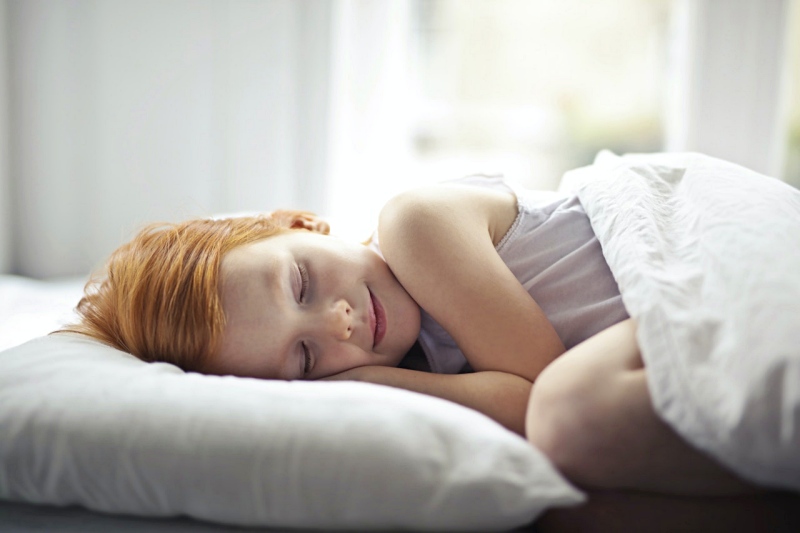
Kids typically sleep more than adults. Children need around a total of 9-12 hours of sleep each night to function properly and stay healthy. Unfortunately, most kids don’t get nearly as much as they need.
How much sleep your child needs depends on their age. As they grow older, they require less shut-eye.
- Infants (4-12 months old) – 12-16 hours/day
- Toddlers (1-2 years old) – 11-14 hours/day
- Children (3-5 years old) – 10-13 hours/day
- School-aged children (6-12 years old) – 9-12 hours/day
- Teenagers (13-18 years old) – 8-12 hours/day
Make sure to squeeze in some nap time in your child’s day. A nap early in the day could recharge them and keep them from sleeping too early.
How Do You Help a Child with Insomnia?
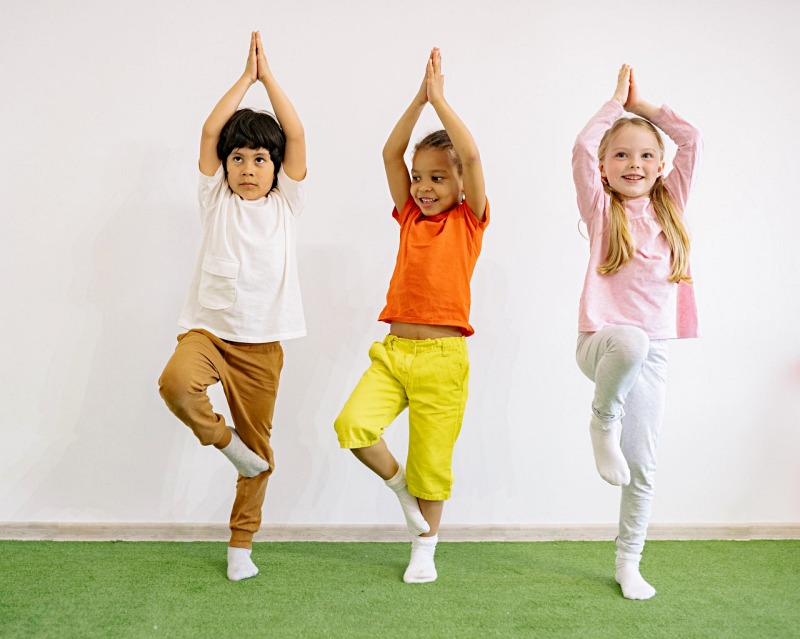
Here are some tips to help your little one improve their bedtime habits and sleep quality:
- Keeping them active during the daytime could help them fall asleep more easily at night.
- Avoid caffeinated and sugary beverages eight hours before bed.
- Keep gadgets away before bedtime.
- Abide by a strict bedtime schedule, taking into consideration how much sleep they need each night.
- Create the perfect sleeping environment—the bedroom should be cool and dark.
- Strictly use the bed for sleeping only as they might associate the bed with anything but sleeping time.
If your kid is stressed, talk to them about it. It’s a great way to nurture your bond and ease their worries. A sound mind rests better.
Childhood insomnia, when left untreated, could persist into adulthood. But don’t worry!
More often than not, you can improve insomnia symptoms without the help of a doctor. Work on their sleep hygiene and bedtime habits. Knowing the root cause of their insomnia will help you figure out how to treat it. And just putting a name to the problem helps you address it.
Do you think your little one is dealing with childhood insomnia? Or is it because they simply prefer to sleep on your Serta mattress? Share your thoughts with us in the comments section below! We’d love to hear from you.
UP NEXT:

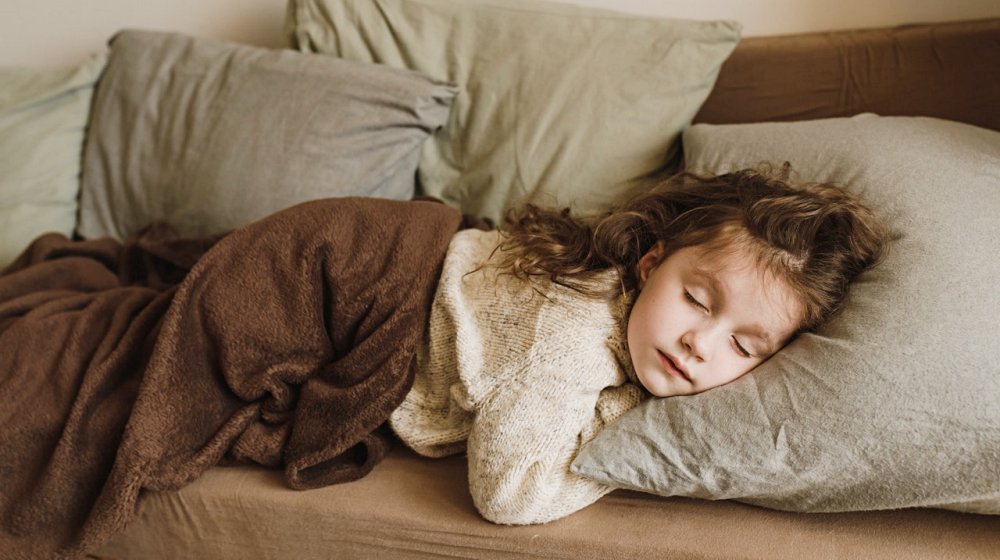





























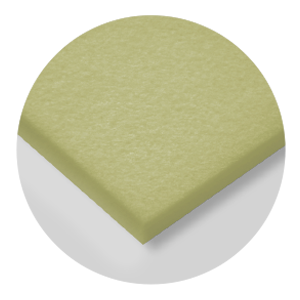

























0 Comments